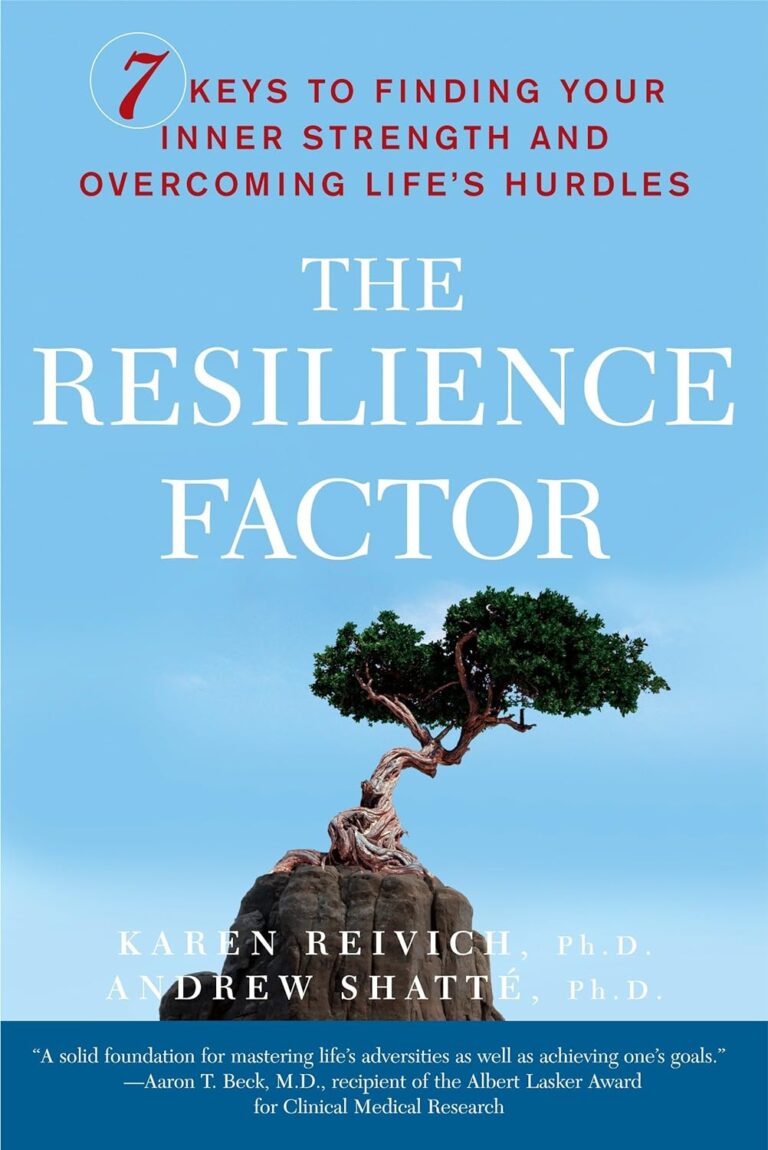
When you delve into the world of genetics, you are inevitably confronted by a plethora of complex genetic terms. Unraveling these terminologies can sometimes seem like cracking a hard nut, but understanding what terms like exons actually mean can take us a long way in comprehending the intricate world of genetics. In this contextual framework, exon stands out as a crucial component. Here is a discourse about the prevalence and importance of exons in genetic research.
Recent years have seen a phenomenal interest in the study of exons, considering their profound influence on our health and well-being. With advancements in genetic research, it’s becoming increasingly clear that understanding exons isn’t just essential for scientists and researchers; it’s equally relevant to everyone, given how pivotal they are to human health.
The Core of Genes: Definition of Exon
Scientific Definition of Exon
In scientific parlance, an exon is a sequence of DNA or RNA that codes information for protein synthesis. In other words, it’s a segment of a DNA or RNA molecule containing information coding for a protein or peptide sequence.
Simplified Explanation of Exon for Layman
To understand it in simpler terms, imagine a two-kilometer-long beaded necklace, where each bead represents a specific trait like eye color, hair type, height, etc. In this scenario, the exon can be compared to the bead that holds the specific coded information needed to express that trait. Exons hold the recipe, the blueprint if you will, needed to assemble the tiny protein machines that power our bodies.
Importance of Exon in Genetic Research
Exons are crucial to genetic research as they contribute significantly to the diversity of proteins despite the limited number of genes. Disruptions or errors in exon sequences can lead to genetic disorders, highlighting their importance in understanding disease pathogenesis and developing therapeutic targets.
The Origin of Exons
Discovery of Exons: Tackling the History
The discovery of exons marks a significant milestone in the field of genetics. The existence of these gene sections was first proposed in the 1970s in studies carried out by American molecular biologists Richard J. Roberts and Phillip A. Sharp. Their research led to a better understanding of gene structure, highlighting that genes were not continuous but split into sections.
Notable Researchers and Contributions
Richard J. Roberts and Phillip A. Sharp, disregarding the initially accepted continuous gene hypothesis, theorized that genes consisted of two distinct segments: exons and introns. Their seminal work, which ultimately earned them the Nobel Prize in 1993, revolutionized the understanding of gene structure and paved the way for exponential advancements in genomics and genetic engineering.
Functionality of Exons
Understanding Exon Function in Genes
Exons play a pivotal role in the functionality of genes. They provide the blueprint for the machines inside our cells.Known as proteins, these molecular machinery are synthesized following the sequence instructions in the exons.
Role of Exons in DNA and RNA
The DNA molecule contains all the biological instructions needed by organisms for growth, development, functioning, and reproduction. The exons in DNA molecules are the regions that are transcribed into RNA and then translated into the protein. In eukaryotic cells, messenger RNA (mRNA) is created from the pre-mRNA intron-removed transcripts in a process called RNA splicing. This allows a single gene to code for multiple proteins, adding to biological diversity.
How Exons Affect Protein Synthesis
Exons drive protein synthesis through their encoded genetic information. The mRNA carries these exon-encoded instructions to the ribosomes where it is translated into a chain of amino acids – this sequence of amino acids forms a specific protein. The protein thus formed decides the characteristics or traits of an individual.The process underscores how modifications in exon can result in the production of multiple variations of proteins, thereby contributing to genetic diversity.
Exons Vs Introns
Basics of Introns: Differences and Similarities with Exons
While exons carry the coding sequence for proteins, introns are non-coding sequences found within genes. They separate the coding sequences, and although they do not provide instructions for proteins, they play a critical role in gene expression control, regulating how the gene functions. Similar to exons, these introns are also transcribed into RNA, but they do not remain in the mRNA molecule and are cut out or ‘spliced’ during RNA processing.
Significant Role of Exons and Introns in Gene Expression
Exons and introns collectively contribute to gene expression, with exons providing the actual coding sequence and introns helping regulate gene activity. The alternation of exon and intron sequences in a gene is central to the process of alternative splicing, which allows a single gene to code for multiple proteins. This splicing results in an incremental number of diverse proteins synthesized from the same gene, contributing to the complex network of proteins functioning within our bodies.
Get to know us better
If you are reading this, you are in the right place – we do not care who you are and what you do, press the button and follow discussions live

Exons in Genome Research
Impact of Exon Mapping in Genome Sequencing
Exon mapping has now become a mainstay of genome sequencing and has helped make significant strides in the field of genomics. Through exon mapping, scientists can identify the position and structure of exons in genes. This data is vital to understand the nature of genetic diseases and formulate potential treatments.
Necessary Roles of Exons in Genetic Engineering
The role of exons extends beyond genetic diseases into the broader field of genetic engineering. By manipulating the exon sequences in DNA, scientists can facilitate or bar the production of specific proteins. Such genetic modifications can help enhance desirable traits or eliminate detrimental ones in organisms, contributing immensely to food production, agriculture, and medicine.
Conclusion
Exons, being key players in gene expression, genetic research, and genetic engineering, offer a vast scope for future research. With the understanding of exons, we can comprehend the genetic basis of life better and pair this understanding with technological advancements to revolutionize the field of genetics.
The detailed mapping of exons and enhancement of exon manipulation techniques can provide us with better control over biological processes and the treatment of genetic disorders. Hence, the future direction of exon research holds promising prospects with potential global benefits.
FAQs
- What is an exon?
An exon is a sequence of DNA that codes information for protein synthesis, essentially forming the blueprint needed to assemble the proteins that power our bodies.
- Why are exons important in genetics and genome research?
Exons are crucial in genetics and genome research because they contain the coding sequences for proteins. Disruptions or alterations in exon sequences can lead to genetic disorders, emphasizing their importance in devising therapeutic targets.
- How are exons different from introns?
Exons contain coding sequences for proteins, while introns are non-coding sequences within genes. Introns, though not having coding sequences, play a critical role in controlling gene expression.
- What role do exons play in protein synthesis?
Exons provide the genetic instructions for protein synthesis. The sequence in the mRNA molecule, coded by the exons, is translated into a chain of amino acids that forms a specific protein.
- How has the understanding of exons contributed to genetic engineering and genome mapping?
Exon mapping contributes significantly to genome sequencing, allowing scientists to understand the position and structure of exons within genes. In genetic engineering, manipulating exon sequences in DNA can regulate the production of specific proteins, thus allowing the enhancement of beneficial traits or elimination of harmful ones in organisms.

















Comments
Thank you. Comment sent for approval.
Something is wrong, try again later